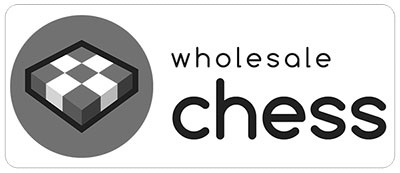But what if there are very few scholastic tournaments in my state?
As with chess club, you can volunteer. You can easily become a Tournament Director (TD) with the following steps:
- Order the 6th edition of the USCF rule book
- Scan through the rule book. You will refer back to it again and again when you encounter problems in your tournaments.
- Apply for TD Certificate.
All these take less than $50, and can be in done in one month.
After you are approved, you can start organizing small tournaments. Initially you can just do pairing manually. As with chess club, you can ask around, libraries, schools, churches, or cafes, to host your tournaments at low or no cost.
See the following for more information: http://www.uschess.org/content/blogcategory/342/668/


 RSS Feed
RSS Feed